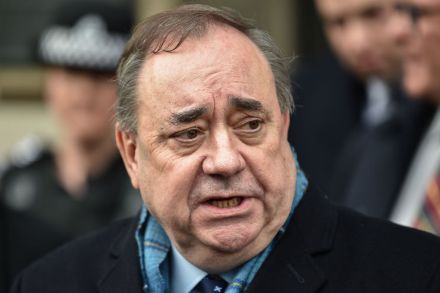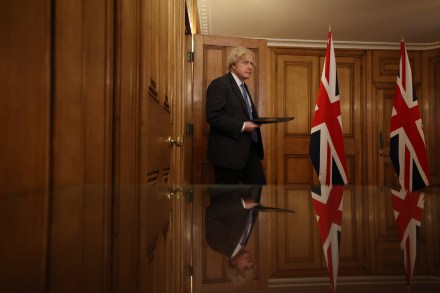Why is Keir Starmer so bad at PMQs?
Sir Keir is having a wobble. That’s obvious. The Labour leader holds an equestrian title, so he naturally feels at home on his high horse. Today at PMQs he loftily commanded Boris not to raise taxes in the budget. That was hilarious. A Labour leader begging a Tory Prime Minister not to implement Labour policy. If Sir Keir had produced a viola from his trousers and played ‘Waltzing Matilda’ he couldn’t have looked more ridiculous. Boris was so stunned that he could barely speak. ‘Well, I don’t know about you Mr Speaker,’ he bumbled. Then he pointed out that in 2019 Sir Keir had ‘stood on a manifesto to put





















